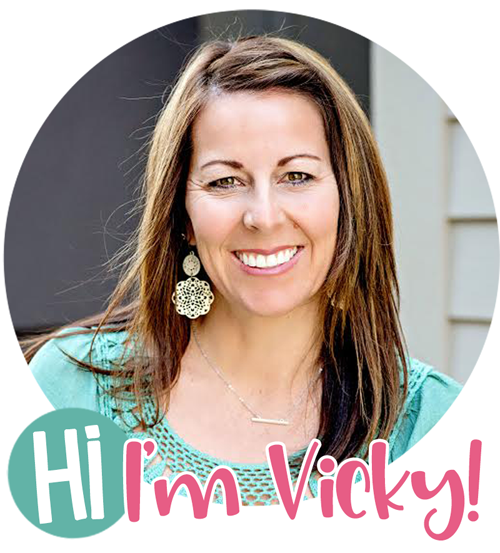Struggling readers….what do they need more of, what is the best bang for my buck in the limited time I have with them? How can I best reach all my readers and the wide range of deficits I’m seeing in my students?

All great questions that good teachers should be asking themselves…
Welcome to another edition of
We’ve all been there….looking at your limited time for small group reading instruction and trying to meet all of your students’ needs with the time you have ~ it’s tricky for sure!
First, I’d like to walk you through a typical reading group in my class to get started.
Now, I need to quantify this a bit…as a literacy specialist I have 30 minute groups typically. If you have a larger class your groups can’t take up that much time to fit them all in. I had 20-22 minute groups when I taught second grade a few years ago. If you have a smaller class size you absolutely can have longer groups and you should in my opinion especially if you teach 1st or 2nd.
I have recently in the last year taken a LETRS course and have implemented a sound wall / vowel valley as well as teaching the heart word strategy for sight words. It has made a world of a difference in how I approach my small group time.
Having been a first grade teacher for over a decade I know the importance of explicit systematic instruction in the area of phonics. Phonics is an essential component of your daily reading instruction as is phonemic awareness.
Remember: Phonemic awareness drills can be done in the dark. That just means you are not introducing or working with print/symbols when you are working on these drills. They are all related to sounds in spoken words.
If you can make this instruction multi sensory even better. I pull from my bag of tricks often to get this in.
Examples of this: tapping your arm for each sound and sliding down your arm to blend.
Pressing down on playdoh in elkonin boxes to say each sound with or without the letters displayed.
Building words with wikki stix or playdoh and even pool noodles (while saying each sound) . Using shaving cream or gel food colored bags to spell words and write letters helps as well.
Here are a few more fun things you can incorporate into your reading group time that incorporates tactile learning for your littles.
There are so many ways to make learning to read fun! I hope some of these ideas are helpful!
Happy Teaching!
xoxox,














